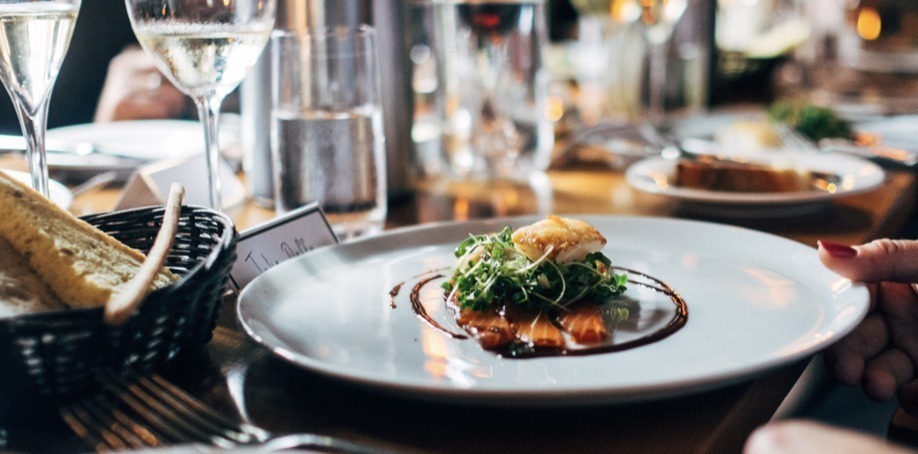In the ever-evolving world of food and beverage, unlocking the full potential of flavors is the key to success. Consumers today are more discerning than ever, seeking unique and memorable culinary experiences. This demand has given rise to the field of food and beverage consulting, a mastery of flavors that combines culinary artistry and business acumen to create exceptional dining and drinking experiences. Food and beverage consulting is a multifaceted profession that bridges the gap between culinary creativity and market viability. It involves a deep understanding of flavors, textures, and ingredients, as well as the ability to navigate the complex landscape of the food and beverage industry. The first step in mastering food and beverage consulting is to understand the fundamental building blocks of flavor. This involves not only identifying the taste components of different ingredients but also knowing how they interact and complement one another. An in-depth knowledge of flavor profiles, aromatic compounds, and taste balance is crucial. A mastery of culinary techniques is equally essential, as it allows consultants to manipulate these elements to create harmonious and exciting flavor combinations.

However, it is not just about the palate. Texture, temperature, and presentation play significant roles in the overall sensory experience. Food and beverage consultants must have an eye for detail, understanding how the visual and tactile aspects of a dish or drink can enhance or detract from the overall flavor experience. The mastery of plating, glassware selection, and garnishes is crucial in elevating a culinary creation from good to extraordinary. Food and beverage consultants must also stay current with culinary trends and innovations. This includes a deep understanding of various global cuisines, culinary techniques, and the latest food and beverage technologies. Staying ahead of the curve allows consultants to offer clients fresh and exciting options that cater to the evolving tastes of consumers. But mastering flavor is only part of the equation. Food and beverage consulting also requires a keen sense of the business side of the industry. This involves menu development, cost control, and understanding the dynamics of pricing, sourcing, and supply chain management.
Consultants must have a holistic understanding of the financial and operational aspects of the food and beverage sector to provide valuable guidance to their clients. Building a network within the industry is another critical aspect of food and beverage consulting mastery. Establishing relationships with suppliers, chefs, bartenders, and restaurateurs opens doors to collaboration and access to high-quality ingredients and expertise and visit site. A robust network can be a source of inspiration and innovation, leading to unique flavor combinations and menu ideas. Furthermore, food and beverage consultants must possess exceptional communication skills. They need to convey their culinary vision and recommendations to clients effectively. This often involves translating complex culinary concepts into understandable terms for clients who may not have a culinary background. Strong interpersonal skills are necessary to navigate the sometimes-sensitive dynamics of the restaurant or bar industry. Mastery in this field means understanding how to create flavorful experiences that are not only delicious but also conscious of the impact on the planet. Consultants should be knowledgeable about sourcing local and sustainable ingredients, reducing food waste, and promoting environmentally friendly practices.